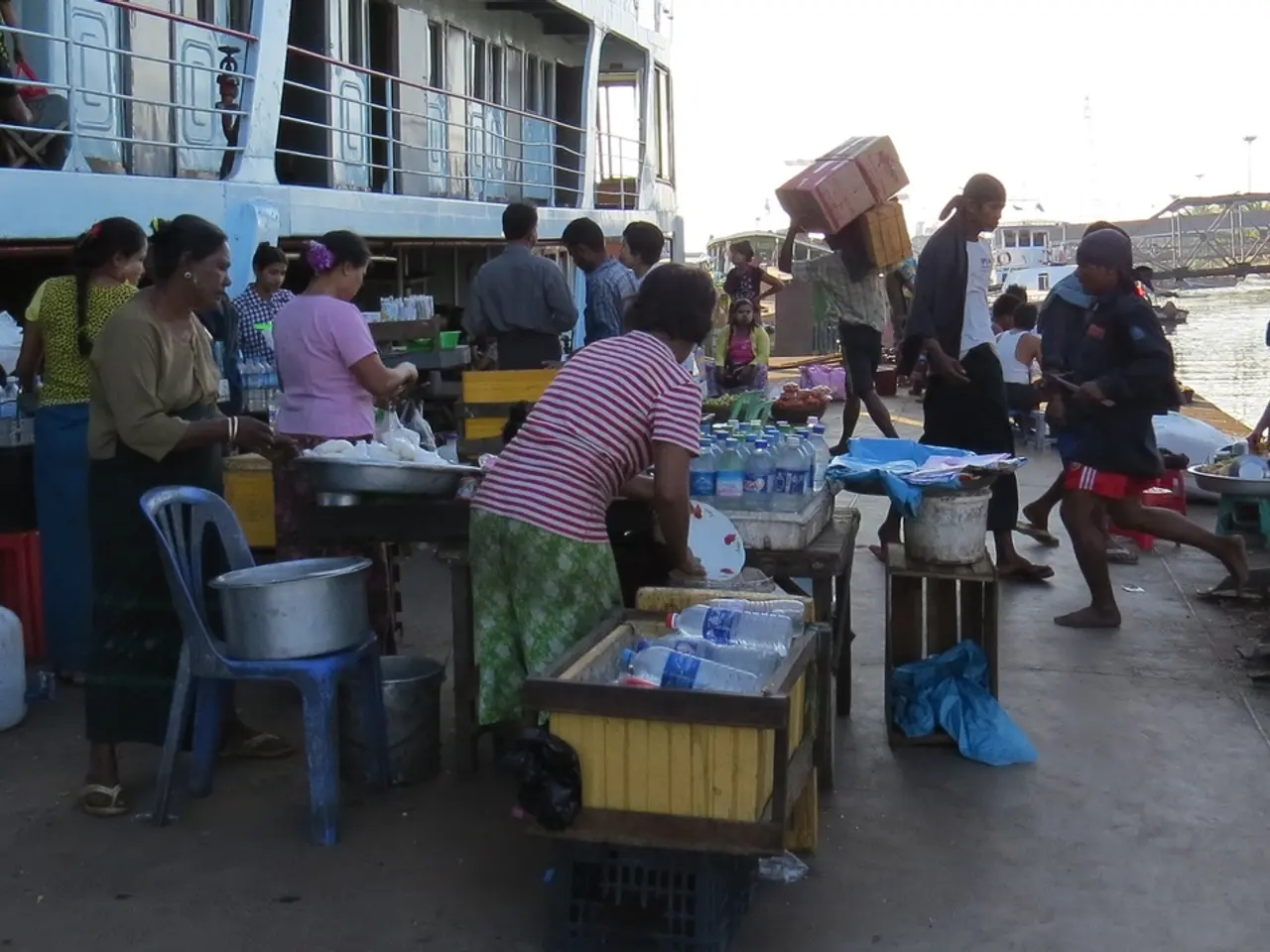Russia Modifies Strategies for Drawing Migrants
In a significant announcement made at the All-Russian Week of Labor Protection, Maxim Reshetnikov, the Minister of Economic Development in Russia, revealed that the Russian economy is seeking to change its approach to migration.
Reshetnikov stated that the Russian economy will continue to use foreign workers to meet its needs, but will adopt a new model known as "arrived - worked - left", starting from January 1, 2026. This new policy is expected to address the anticipated labor shortage the Russian economy is facing due to demographic factors.
However, Reshetnikov also made it clear that the education of non-citizens of Russia is not obligatory, and that the Russian economy does not need families of migrant workers. He considered long-term dependence on migration in its previous format as not acceptable.
The context and specific sectors or number of migrants in other regions of Russia, including the Kuban region, were not detailed in Reshetnikov's statement. Additionally, no new policies or regulations regarding migration were discussed.
The Russian government's focus is shifting away from its previous migration format, as the economy aims to attract migrant workers to fill the labour gap. Attracting migrants remains necessary for the Russian economy, as it continues to grapple with the challenges posed by an aging population and a declining birth rate.
Despite the adoption of the new migration policy, the adaptation of this change is not yet complete in Russia. The Russian government is working diligently to implement the necessary measures to ensure a smooth transition.
Read also:
- United States tariffs pose a threat to India, necessitating the recruitment of adept negotiators or strategists, similar to those who had influenced Trump's decisions.
- Weekly happenings in the German Federal Parliament (Bundestag)
- Southwest region's most popular posts, accompanied by an inquiry:
- Discussion between Putin and Trump in Alaska could potentially overshadow Ukraine's concerns







